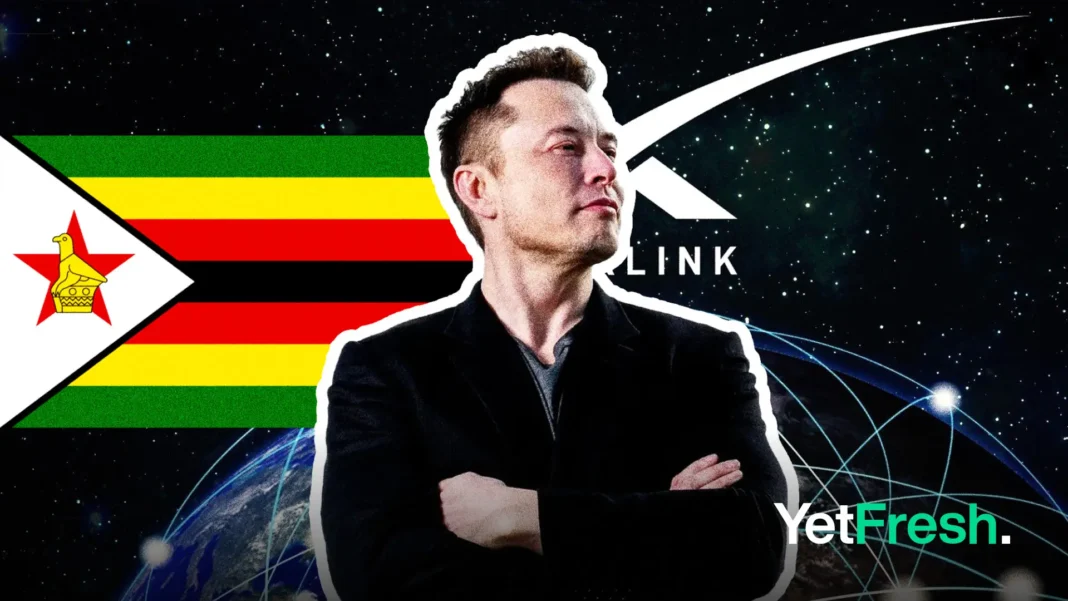No time to read? Just listen to the news!
TL;DR
- Starlink, SpaceX’s satellite internet service, is now operational in Zimbabwe after receiving regulatory approval from POTRAZ in May 2024, making it the 14th African country to adopt the technology.
- Starlink will offer its mobile subscription plan nationwide in partnership with IMC Communications (Pvt) Ltd, providing two hardware options: standard (USD 350) and Mini (USD 200), both with a USD 50 monthly fee.
- President Emmerson Mnangagwa praised Starlink’s launch as part of Zimbabwe’s strategic investments in infrastructure, contributing to the goal of becoming a fully digitalized, upper-middle-income economy by 2030.
- Starlink’s coverage map indicates the service will become operational in Lesotho and Senegal by the end of September 2024, with further expansion planned across Africa later in the year.
SpaceX’s satellite internet service, Starlink, has officially launched in Zimbabwe, marking a significant milestone in the country’s digital transformation journey. The Postal and Telecommunications Regulatory Authority of Zimbabwe (POTRAZ) granted a license to SpaceX’s Starlink GH LTD, allowing the company to provide satellite broadband services nationwide.
The announcement was made by Rebecca Slick Hunter, Director of Starlink Global Licensing and Market Activation, who confirmed that the service will be available through a partnership with local company IMC Communications (Pvt) Ltd. This development makes Zimbabwe the 14th African country to adopt Starlink’s cutting-edge technology.
With the regulatory approval in place, Starlink will offer its mobile subscription plan across the country, enabling access to connectivity even in remote areas. Residential users will have the option to choose between two hardware options: the standard hardware priced at USD 350 or the more affordable Starlink Mini hardware at USD 200. Both options come with a monthly subscription fee of USD 50. The introduction of the Mini hardware is expected to boost accessibility for medium-income earners.
President Emmerson Mnangagwa praised the launch of Starlink, emphasizing its role in Zimbabwe’s strategic investments in infrastructure and its contribution to the country’s goal of becoming a fully digitalized, upper-middle-income economy by 2030.
Starlink’s expansion in Africa is set to continue, with the company’s coverage map indicating that the service will become operational in Lesotho and Senegal by the end of September 2024. Further expansion across the continent is planned for later in the year.
The arrival of Starlink in Zimbabwe is expected to bridge the digital divide, providing reliable and high-speed internet access to underserved communities and remote areas. This development is crucial for the country’s socio-economic growth, as it will enable better access to education, healthcare, and business opportunities.
As Starlink continues to expand its presence in Africa, it is poised to play a significant role in the continent’s digital transformation, empowering individuals and communities with the tools they need to thrive in the digital age.




